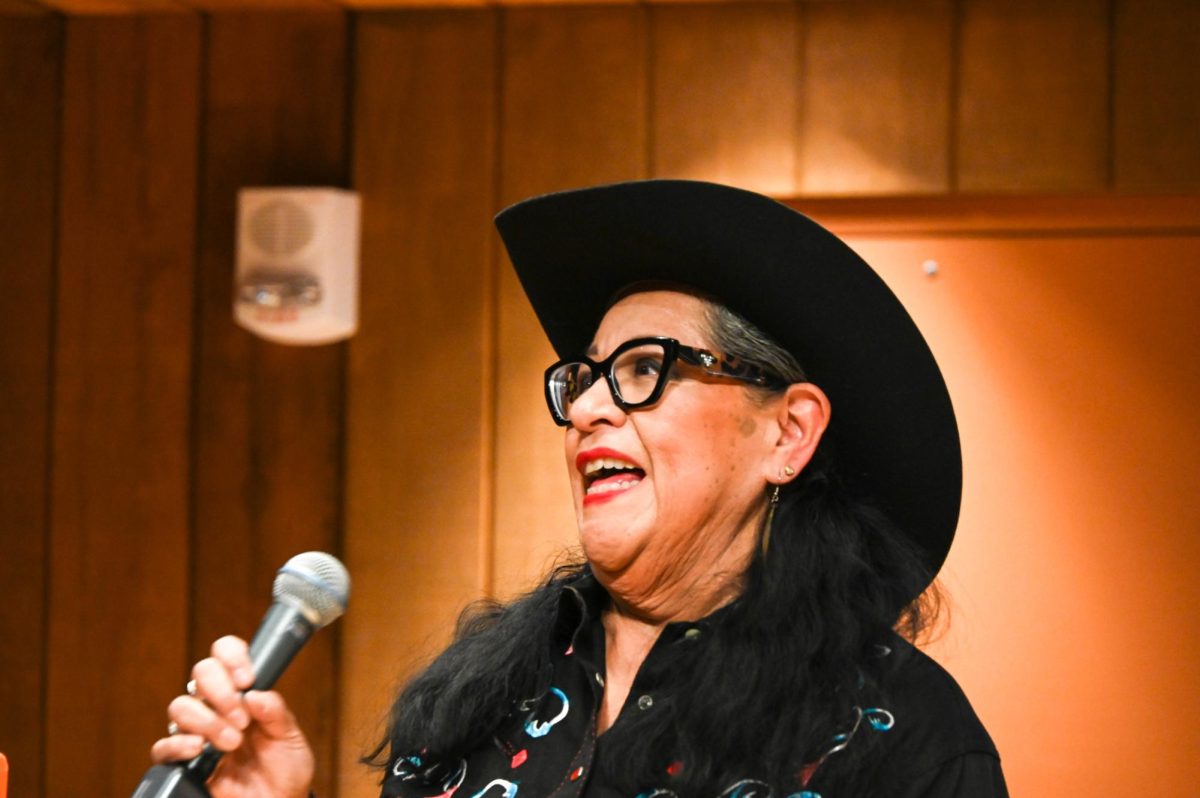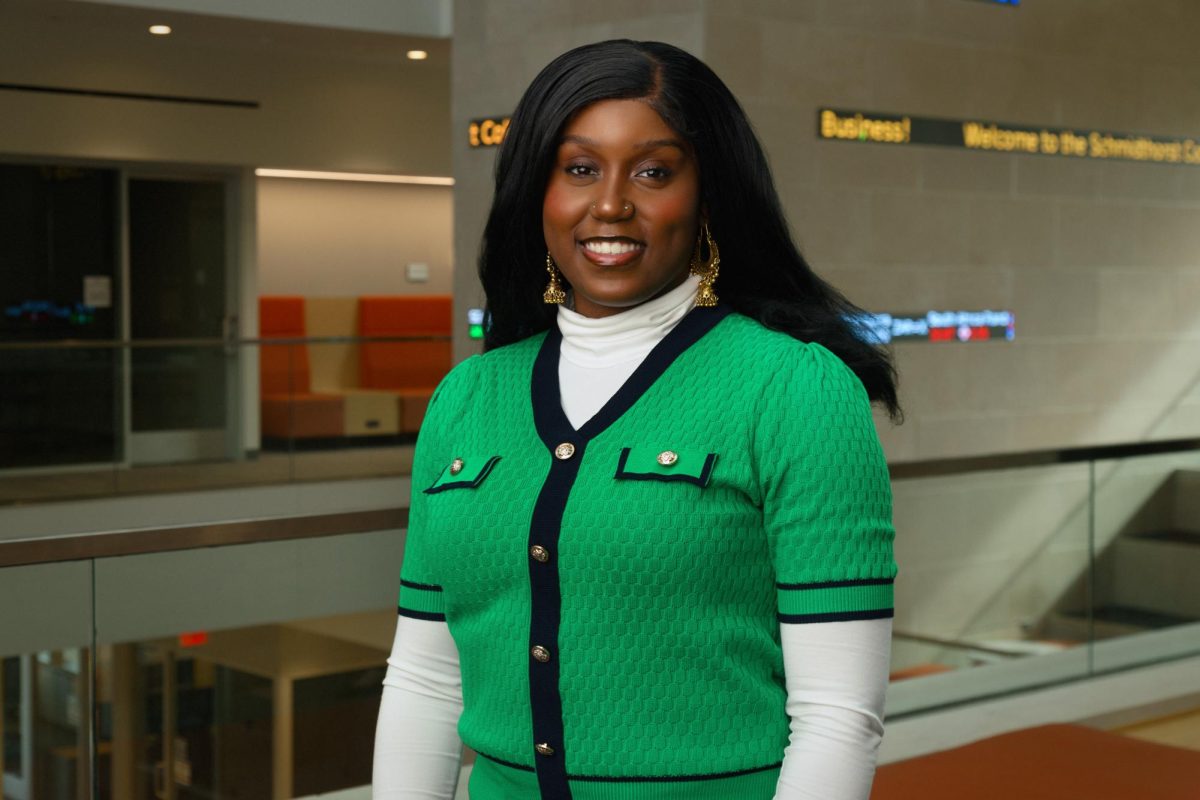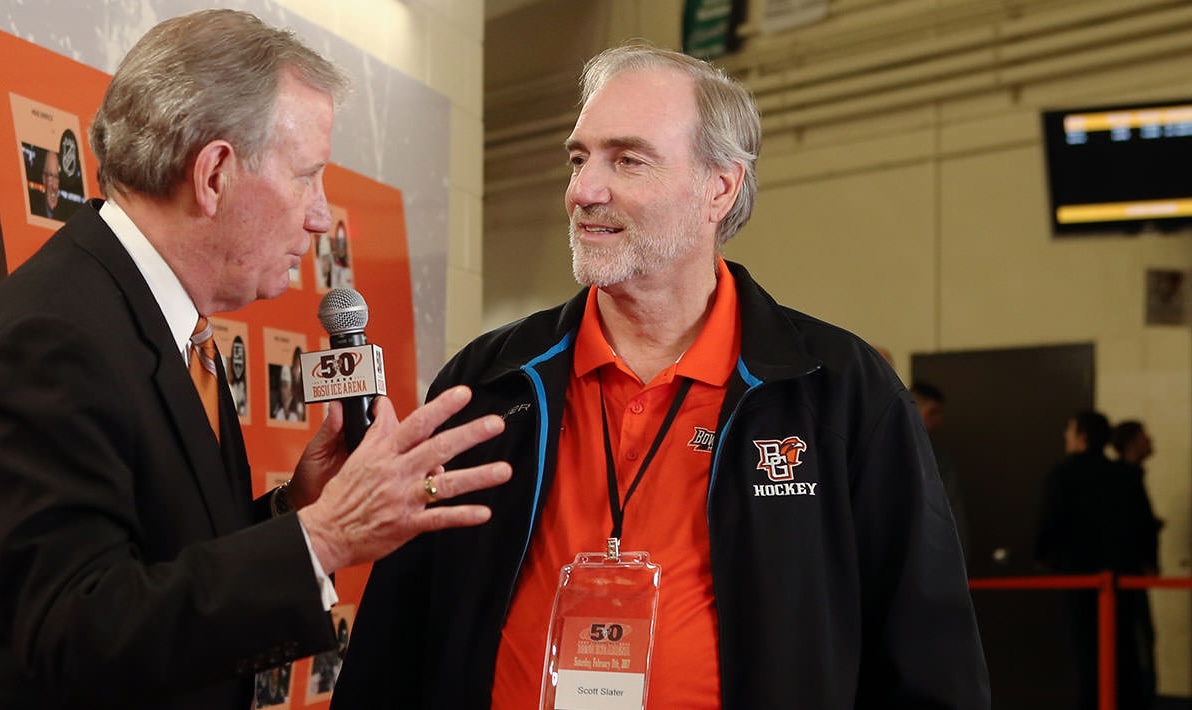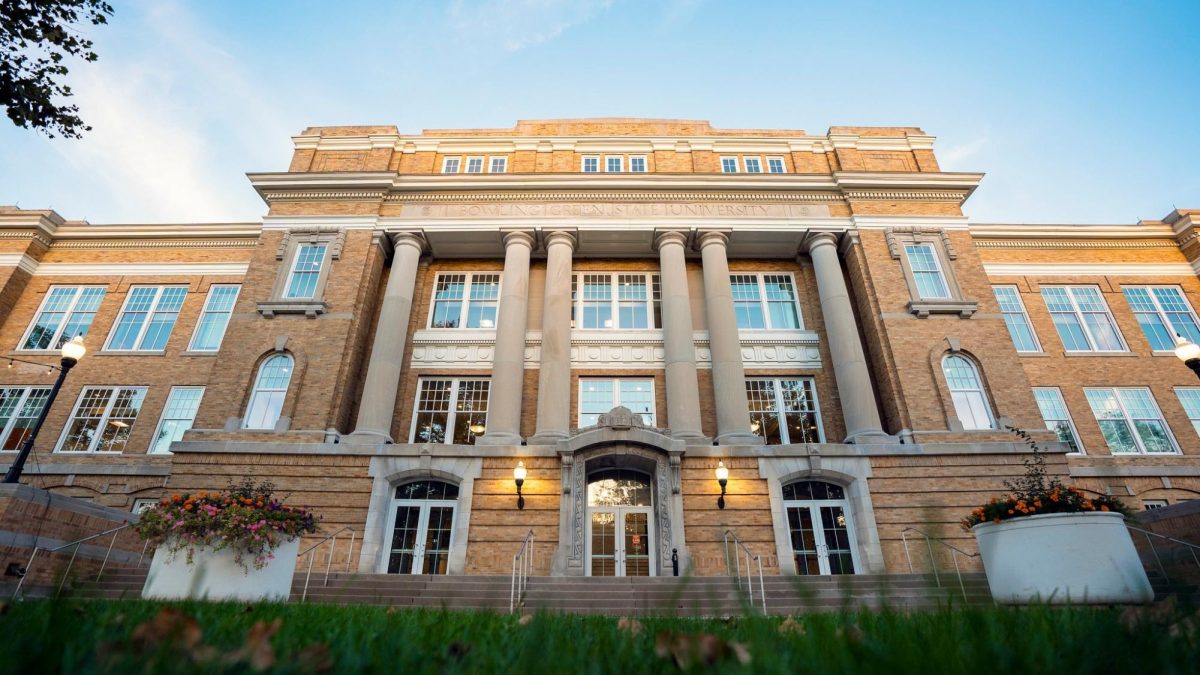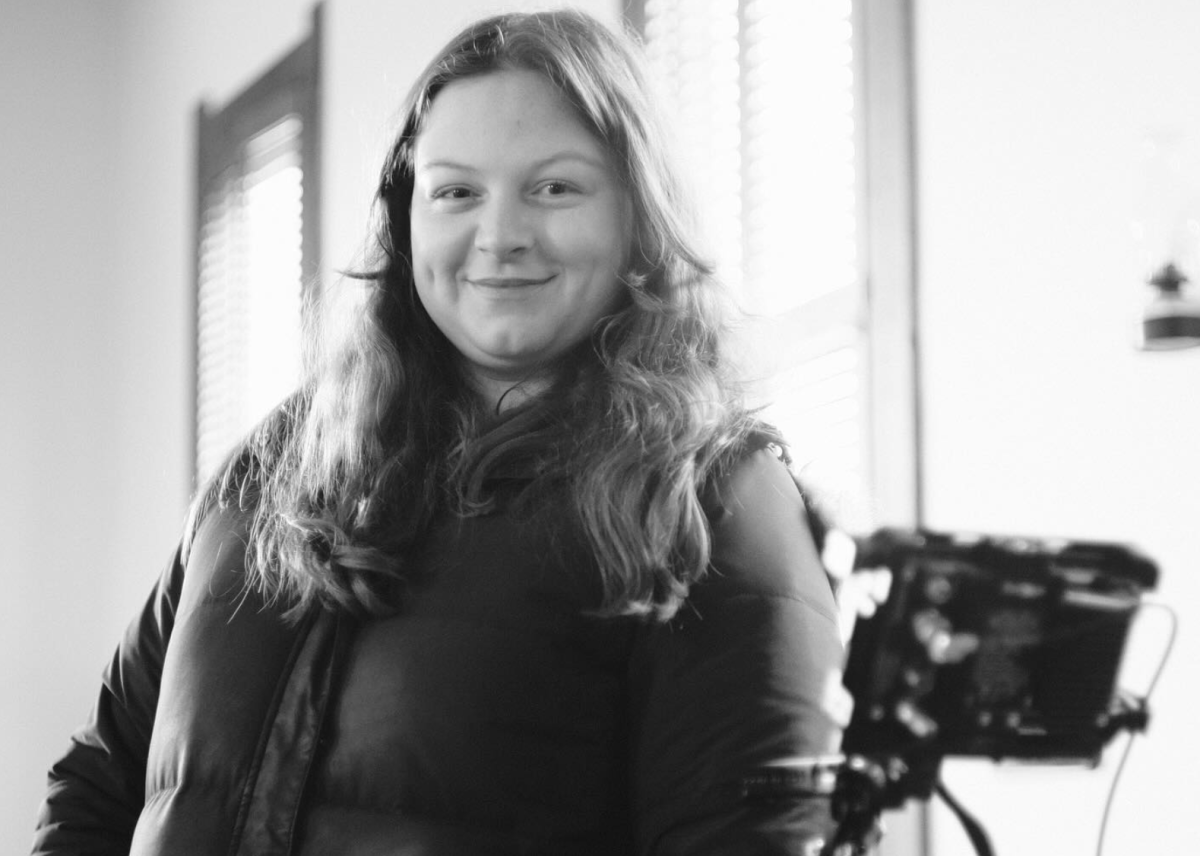Sitting next to a multi-colored wall-sized world map, International Relations Professor, Dr. Stefan Fritsch, detailed his experiences traveling throughout the years of his life and how it has shaped his global perspective.
“I’ve turned into this global politics junkie. It started when I was about 16 or 17-years-old. I still read three newspapers every morning,” said Fritsch.
Having traveled to 30 different countries in his lifetime, Fritsch has lived in Austria, his native country, Switzerland, Cyprus, Italy and the U.S. He explained the origin of his interest in global politics is largely a result of his father.
“I was very much influenced by my father’s work. My father was a military diplomat, so traveling was always a part of growing up,” said Fritsch.
After being inspired by his father’s work in international security, Fritsch decided he wanted to ‘follow the family legacy’ and decided to pursue a career in political science.
“Political scientists are people who are intrinsically interested in understanding how society works, how challenges or conflicts are addressed. We study systematically how societies around the world make decisions and solve interest conflicts,” he said.
Not only has Fritsch taught political science at BGSU, but he also taught at the University of Salzburg, where he received his doctorate in Political Science.
Fritsch’s colleague, associate professor, and undergraduate adviser of Political Science, Dr. Mark Simon, explained how Fritsch ended up teaching at BGSU.
“Dr. Fritsch had become involved with the Salzburg program at BGSU, and while he was here, he met his wife, and so that changed his plans, and he ended up staying in the U.S. and eventually got a position here,” said Simon.
Fritsch mentioned he sees differences between the Austrian and U.S. education systems as a result of his experience teaching in both.
“Generally, I find the whole process of choosing a university, applying, getting admitted is nothing compared to here,” he said. “I always say, you graduate from Austrian universities not because the system helped you, but because you survived the system. The mindset is a different one,” he said.
Fritsch expressed he prefers the U.S. system ‘just slightly better’ because it is more supportive of students.
President of the BGSU Faculty Association, Dr. David Jackson, a colleague of Fritsch, had positive things to say about his teaching style.
“I’ve come to his class before, and he is able to use to the benefit of the students the experiences that he’s had traveling elsewhere. That gives the students a different and unique perspective that they wouldn’t get from everybody else in the department,” said Jackson.
While Fritsch expressed he has had many good students, he also mentioned many students don’t appreciate the importance of developing a global perspective.
“It’s one of the few things that frustrates me as a teacher, that there is just so little interest,” he said.
While Fritsch is a full-time professor at BGSU, on the side, he conducts research about topics of international issues and publishes them as essays or journal articles.
“We (scholars) do this for merit because you have to have some sort of prestigious outlet for your research. It’s your contribution to the collective knowledge,” he said.
One of Fritsch’s pieces was published in the International Studies Encyclopedia.
“In recent decades, international communication has always developed into a central issue of global politics, economics, and culture,” said Fritsch in a 2010 article from Academia.
Fritsch’s research, because of its natural global elements, often leads him to travel to other countries.
“For research, I often go to Italy, Florence, because the place I’m affiliated with there is the European University Institute, and they host the European Union’s historical archive, so there’s always a way to travel abroad for your research,” he said.
During his travels, Fritsch has experienced many different cultures and perspectives.
“Healthcare is somewhere you see huge differences between countries. The way healthcare systems are financed, how much you have to pay for certain services, that’s an area where the differences become visible really quickly,” he said.
Despite the differences in lifestyles, Fritsch said that people regardless of where they live have much in common.
“If you travel a lot, or you live in a different country, you realize that people all want the same things at the end of the day. We share a lot of similarities,” he said.
Fritsch mentioned that people’s inability to recognize similarities between people from different countries is one of the things he finds disappointing.
“I have a hard time with things like nationalism. People get so narrow-minded and so convinced that they are the best. I see more the things that unite us or the common problems that we all face, and not so much the things that separate us,” said Fritsch.
Overall, Fritsch says his lifetime of traveling has helped shape the person he is and the way he perceives the world.
“I think about a lot of things from really a global perspective. Traveling, going to school abroad, meeting other people, it just turned me into a cosmopolitan,” he said.









